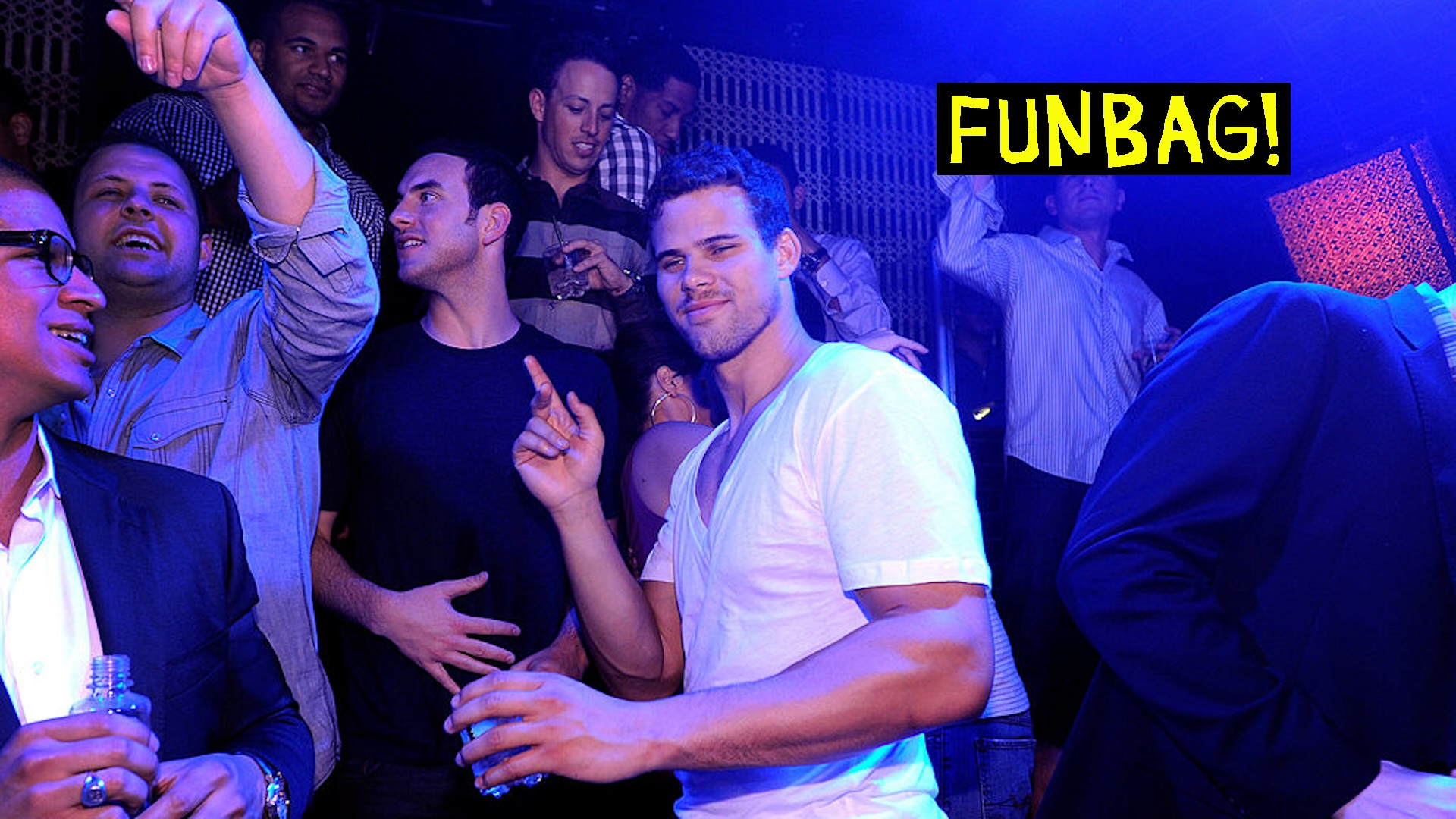At some point near the start of the fourth quarter of Game 4 of the Western Conference Finals, in which the Oklahoma City Thunder defeated the Minnesota Timberwolves, 128-126, a thought occurred to me: These teams are playing too hard. It just didn't seem possible that an NBA game could withstand that much sustained frenzy and focus from its participants. I had a vision of several players suddenly collapsing on the floor, all of their mental and physical energy spent. I saw the fans in the arena becoming nauseous, unable to safely metabolize the potency of the basketball that was unfolding before them. Adam Silver was going to rush the court and put a stop to everything. No, no, you can't do this, he'd shout. You're going to ruin the rest of the games.
Monday's game was unquestionably the best we've had so far in these playoffs. That's an achievement in and of itself, considering how inert this series felt after the first two games, in which the Thunder seemingly established themselves as several classes above their opponent. But Minnesota caught Oklahoma City with all sorts of haymakers in Game 3, winning that one by 42, and so they came into Game 4 at the very least convinced that they could stand and trade. What resulted from that belief meeting the Thunder's resolve to avenge the embarrassment of Game 3 was a game that reached and stayed at the highest levels of intensity for 48 minutes.
Even great games, the ones that people go on to recall as season- and legacy-defining classics, can hide a lot of bad basketball within them. A legendary fourth quarter can cloud memories of a six-minute stretch in the first half during which neither team could buy a bucket and bad passes were being thrown around the gym. What stands out about Game 4 is not only that it was highly competitive down to the final seconds, but that it never suffered a noticeable dip in quality. Both teams played with the kind of defensive ferocity that you expect to see overwhelm an opponent and lead to a blowout, but both offenses answered that ferocity with a enough shot-making and creativity to turn what looked and felt like a defensive slog into a shootout. Both teams forced double-digit turnovers, and both teams shot over 50 percent from the field and 43 percent from the three-point line. OKC led for most of the game, but never by more than 11, and never for long enough that it felt like they had any real chance of escaping Minnesota's pursuit.
The individual performances were something to behold. Shai Gilgeous-Alexander finished with 40 points, 10 assists, and nine rebounds, and yet it did not feel like he was the most responsible for the Thunder's victory. That designation would belong to oft-maligned second option Jalen Williams, who hit six of his nine three-point attempts on his way to 34 points, and played with an aggressiveness we have yet to see from him in these playoffs. Chet Holmgren finished with a modest-seeming 21 points and seven rebounds, but had several big shots and defensive plays late in the game that kept OKC in control. On the Timberwolves' side, take your pick of career performances: 22 points, four steals, and three three-pointers for Jaden McDaniels; 21 points off the bench for Donte DiVincenzo; nine points in eight minutes for none other than Terrence Shannon Jr. And my god, Nickeil Alexander-Walker. Tapes of this game must preserved, if only so that future generations can prove that there was a brief moment in time in which Alexander-Walker looked like a two-way destroyer deserving of a max contract.
Two players who did not earn mention in the paragraph above are Anthony Edwards and Julius Randle. Edwards managed to get up just four field goal attempts in the first half, and finished the game with 16 points on 13 shots. Randle, meanwhile, went back to the old him, putting up just five points on seven shots. Both players had five turnovers.
It's easy to point to Randle's and Edwards's meek performances as the reason the Timberwolves ultimately lost this game, but that's a slightly too simplistic interpretation of things. What we ultimately saw, beyond all the ground both teams gained in the margins, was one team's core identity prevailing over the other's. The central confrontation of this series is between Edwards and Oklahoma City's defense. Everything else that happens—secondary options stepping up, scoring bursts from bench players, shooting variance—happens out on the outskirts, away from where the game really gets decided. Game 4 went Oklahoma City's way because even as so many things were going right for Minnesota, the Thunder kept their turnover-generating machine on and functioning while denying Edwards any oxygen. A single basketball game is influenced by too many factors to count, but ones in which a team's best weapon is noticeably sharper than the other's tend to go a certain way.
The Thunder now go back to Oklahoma City with a chance to close the series out in five games. Should they do so, this series deserves to live on as one of the most entertaining gentleman's sweeps in history, such was the quality of Game 4.






